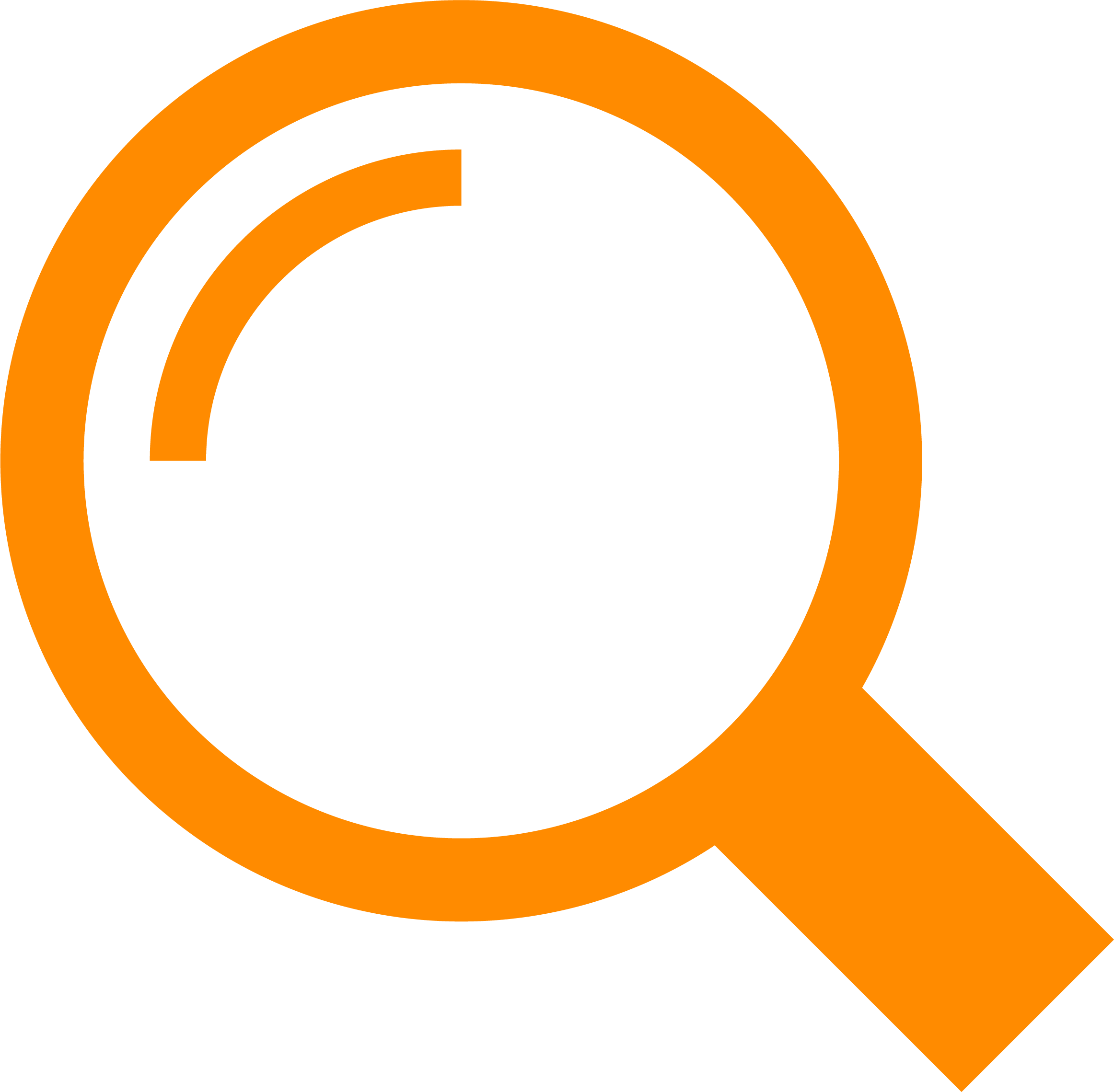Financial Empowerment for First Nations Communities: Tools, Support & Culture
- Darion Ducharme

- May 13, 2025
- 3 min read

Financial literacy is more than knowing how to save or invest. It’s about having the tools, confidence, and support to make choices that lead to long-term well-being for yourself, your family, and your community.
For First Nations people, financial empowerment isn’t just dollars and cents. It focuses on respecting traditional knowledge, navigating unique challenges, and building wealth that reflects shared values.
We, at Teqare, are here to support that journey with financial education, encouragement, and a deep respect for culture.
Why Financial Empowerment Matters
Strong financial foundations help you:
Plan for emergencies
Afford education and housing
Build businesses
Pass wealth on to future generations
But let’s be real—many First Nations communities have faced ongoing barriers like limited access to banking, trustworthy financial education, or culturally safe services.
Empowerment begins with inclusion. With respect. With real tools that meet people where they are.
Respecting Culture and Community Needs
Every First Nations community is unique, with its own language, customs, and ways of living. Financial support should reflect that.
Traditional values, like collective success, shared responsibility, and stewardship of the land, can reshape how we talk about money. That’s why culturally grounded financial education matters.
This could look like:
Workshops hosted in community spaces
Peer learning groups led by local leaders
Education in Indigenous languages
Lessons on band funding, treaty-related finances, or land use rights
When financial strategies reflect culture, they build both personal and community strength.
Practical Steps to Build Financial Security
You don’t need to be a financial expert to make empowered choices. Here are four steps to start.
1. Start with a Personal or Family Budget
A clear budget helps you track where money’s going—and where you want it to go. Whether you use a budgeting app or a printable worksheet, knowing your numbers gives you more control.
2. Set Up a Savings Plan
Saving small amounts regularly adds up. Consider:
A high-interest savings account
An RESP for your children’s education
A TFSA for tax-free growth
Even $10 a week can make a difference over time.
3. Understand Credit and Debt
Learning how credit works helps build trust and confidence. Focus on:
Paying bills on time
Avoiding high-interest debt where possible
Checking your credit report regularly
Strong credit can open doors to housing, business loans, and more.
4. Look Into Grants and Indigenous Programs
A lot of support is available, including:
Indigenous Skills and Employment Training programs
Scholarships and bursaries for students
Small business grants
Tax or housing benefits for First Nations families
Community workshops focused on digital and financial literacy
Talk to us about how we can help you explore what’s available and what fits.
It’s About Community Wealth, Not Just Individual Growth
Financial empowerment isn’t just personal—it’s collective.
When families share knowledge and communities build systems that reflect their values, everyone benefits. That might include:
Co-operative businesses
Community-led infrastructure
Youth leadership in financial education
Together, we can pass financial knowledge and power across generations.
We’re Here to Walk With You
At Teqare, we believe financial empowerment is a form of sovereignty. Our workshops and resources are designed to support First Nations people in building secure, confident futures—on your terms, in your own way.
Reach out to us; we’re here to help you find your path forward.
Disclaimer: At Teqare, we share knowledge to help protect and empower our communities online. The information in this blog is for educational purposes only and should not be taken as legal or financial advice. Always seek guidance from a trusted professional for your specific situation. We do our best to keep information current and relevant, but digital threats can evolve quickly. Stay alert, stay curious, and reach out if you need support—we’re here to help.
Photo by Erik Mclean



